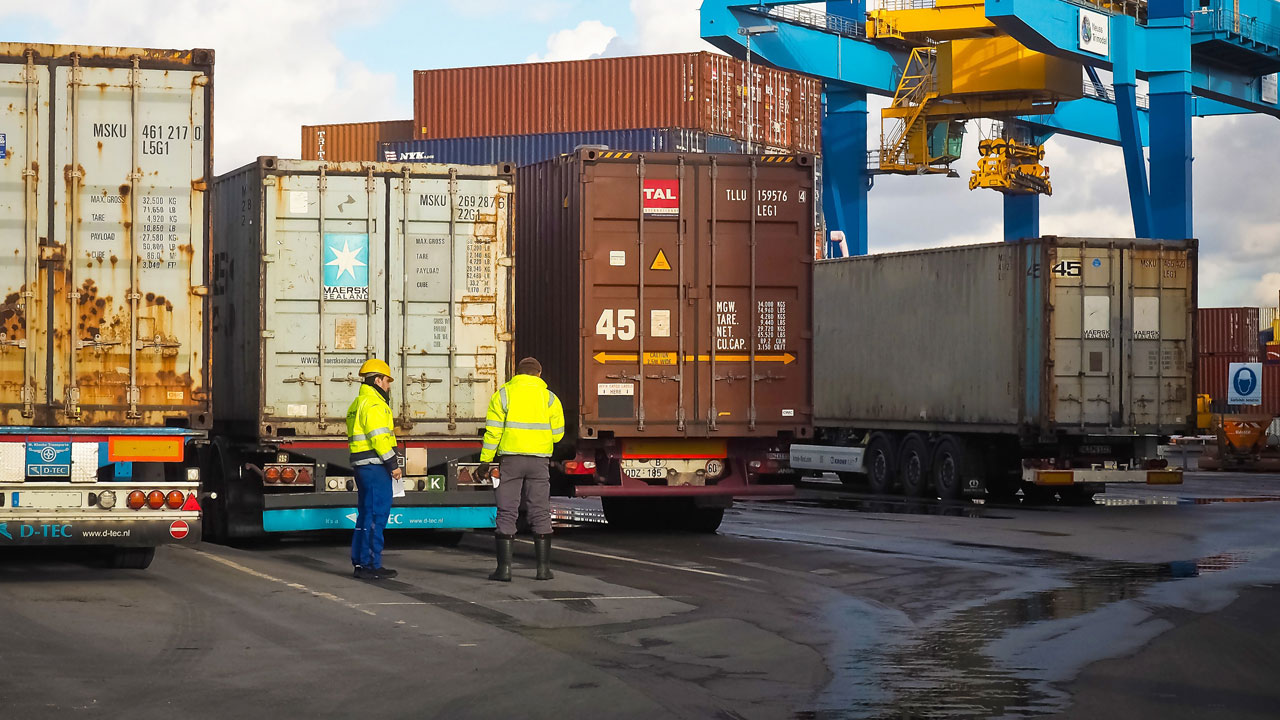Human rights
Together for a just world
O2 Telefónica's commitment to human rights

"Protecting and respecting human rights along our value chain is not only an ethical obligation, but also the foundation for sustainable success and societal progress in our interconnected world."
Claudia von Bothmer
Human Rights Officer and Director Corporate Responsibility & Sustainability, Telefónica Germany
Human Rights Officer and Director Corporate Responsibility & Sustainability, Telefónica Germany
As a telecommunications company, O2 Telefónica connects and reaches millions of people. In a digitally connected society, the company assumes responsibility for its customers, its employees, the people in its supply chains and other key stakeholders. Respecting and protecting human rights in the value chains is the basis for a responsible, sustainable and digital future.
Free network access is an important tool for respecting and promoting human rights. This includes e.g. freedom of expression and information, which provides access to information and a free exchange amongst people.
O2 Telefónica understands this potential as an opportunity to develop products and services that promote economic and social development, e.g. through increased connectivity in rural and isolated areas. In this way, the company wishes to democratise access to a sustainable digital future and make day-to-day life better for everyone.
As such, O2 Telefónica is not only complying with legislative requirements, but also fulfils its own understanding of values. In the Declaration of Principles and the Human Rights Policy, the company makes a commitment to respecting and protecting human rights in the value chain.
Implementing human rights and environment-related due diligence

The due diligence process to protect human rights supports O2 Telefónica in implementing its human rights and environment-related due diligence obligations. It is aligned with the UN Guiding Principles on Business and Human Rights and the requirements of the German Act on Corporate Due Diligence Obligations in Supply Chains (LkSG). Its purpose is to help the company identify human rights and environment-related risks and violations and take action to prevent them or remedy them, if damage has already been caused.
The due diligence process comprises five six components:
1. Risk management and responsibilities
2. Risk and impact analyses
3. Preventive measures and process integration
4. Monitoring
5. Reporting
6. Complaints and remedial actions
Stakeholder and rightsholder engagement
Reporting channel for complaints and whistleblowing
O2 Telefónica has implemented a whistleblower procedure which enables individuals, companies and other organisations such as non-governmental organisations to report human rights and environment-related risks or violations within the scope of the German Act on Corporate Due Diligence Obligations in Supply Chains (LkSG) as well as breaches of applicable law within the meaning of Section 2 of Germany’s Whistle-Blower Protection Act (HinSchG) or concerns regarding a potential or actual infringement.
The purpose of the whistleblowing procedure is to ensure that all complaint and reports submitted are examined and processed transparently and fairly.
Sustainable supply chain management
It is important for O2 Telefónica to respect the people and the environment in complex global supply chains. The company is committed to monitor and control human rights along the supply chain and to promote sustainable supply chain management that includes ethical, social and environmental criteria. In this way, O2 Telefónica aims to support the protection of human rights, the prevention of poverty and climate change, the promotion of labour rights and the creation of a safe working environment.
O2 Telefónica supports the objective of the German Act on Corporate Due Diligence Obligations in Supply Chains (LkSG) of respecting human rights and the environment in global supply chains. Building sustainable supplier relations enables O2 Telefónica to reduce or prevent risks or violations. Creating transparency by analysing supply chain structures and identifying country- and product-specific risks is a prerequisite.
Supply Chain Sustainability Policy
O2 Telefónica strives for long-term collaboration with its suppliers through fair partnerships. Promoting dialogue, including on critical topics, is a matter of particular importance. Our collaboration with suppliers is based on the Supply Chain Sustainability Policy, a code of conduct which promotes social, ethical and environmental standards for respectful cooperation and environmentally friendly behaviour.
Training for employees and suppliers
Since 2023 O2 Telefónica has been offering training for employees in its own business area as well as for direct suppliers as part of its sustainable supply chain management. Amongst others, the training explains the LkSG requirements and raises awareness of O2 Telefónica’s sustainability and human rights approach.
| * | Please note: To successfully complete the training module on a PC, we recommend you use Edge, Firefox or Google Chrome as your browser. For use on a mobile device such as a smartphone or tablet, we recommend Android devices. |
Protecting children’s rights
O2 Telefónica pays special attention to the protection of children and young people. The company's own human rights policy states a zero tolerance for child labour in its business activities and obliges all suppliers to apply the same in the supply chain. The actions of O2 Telefónica are guided in particular by UNICEF Children’s Rights and Business Principles. The ten principles define measures that companies can take to uphold and promote children’s rights. For further information on the efforts of O2 Telefónica, please see its commitments to children’s rights.

